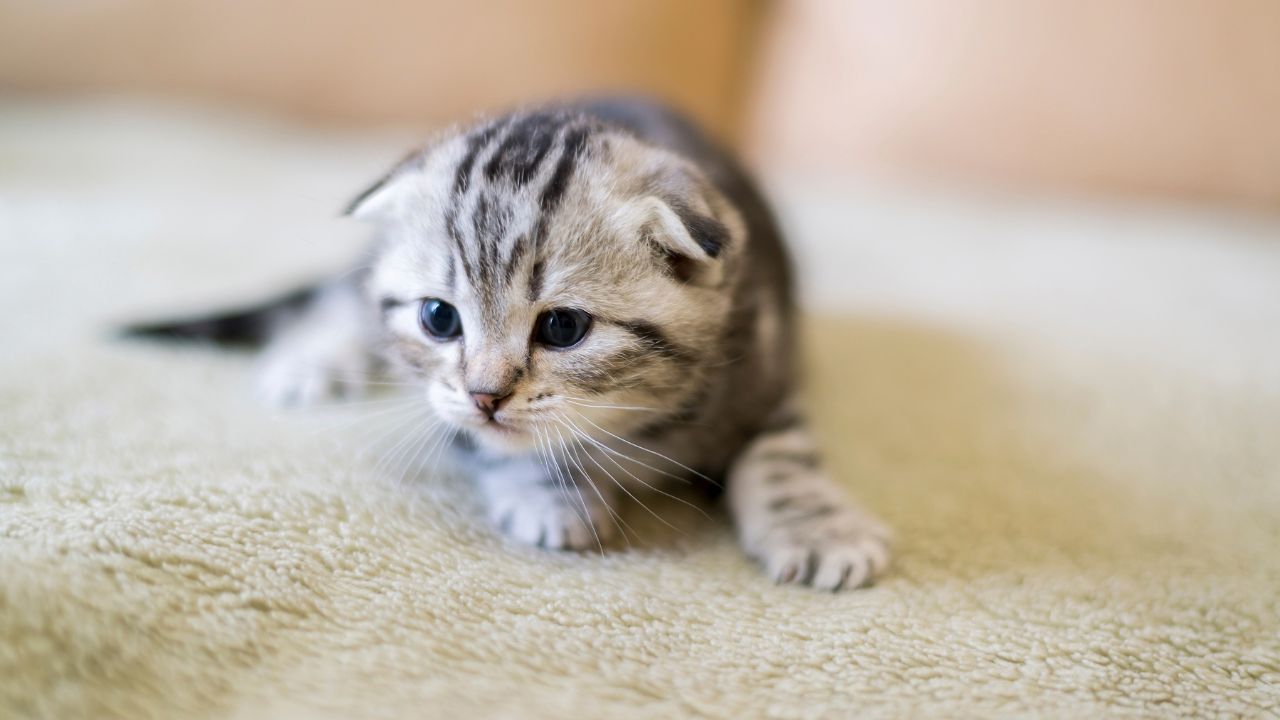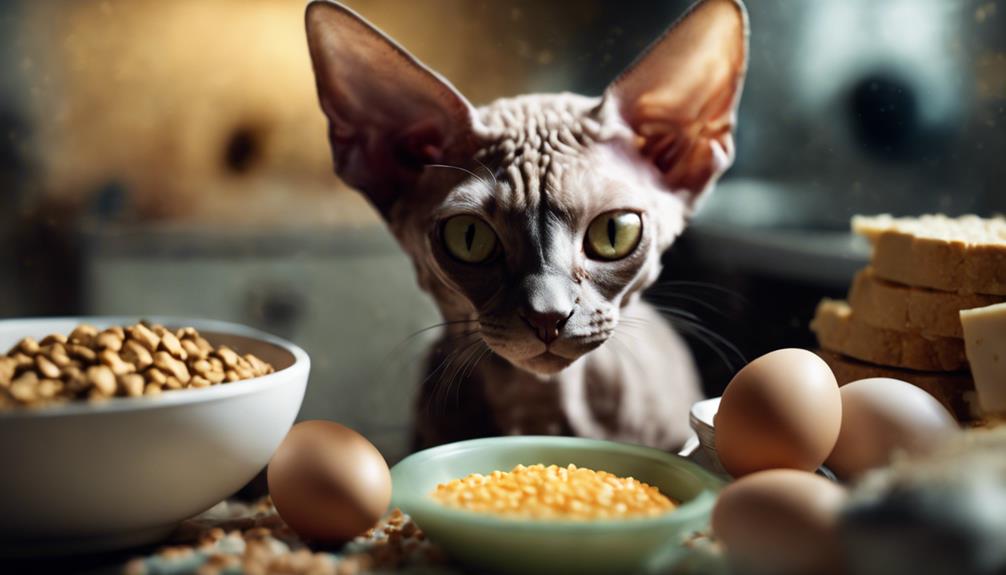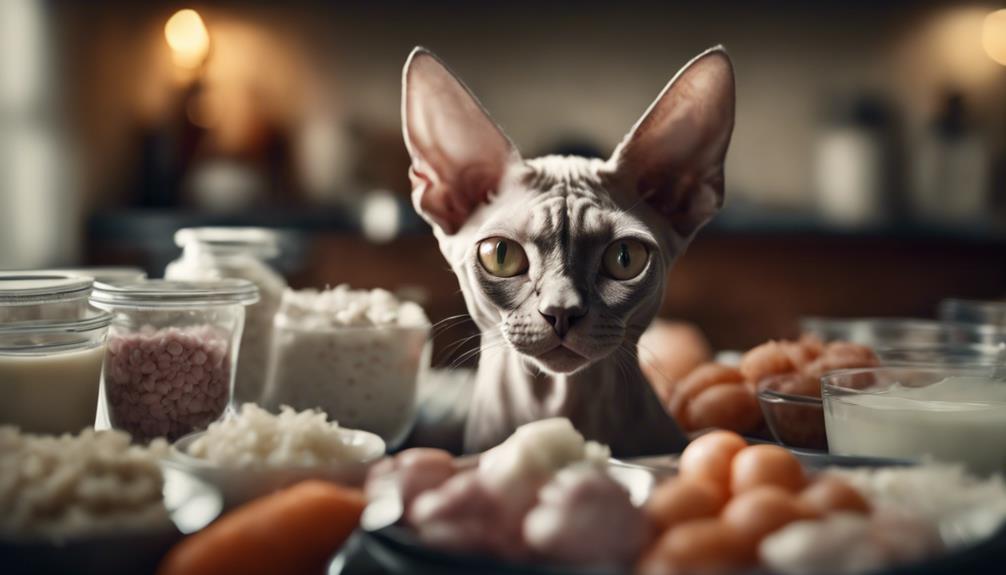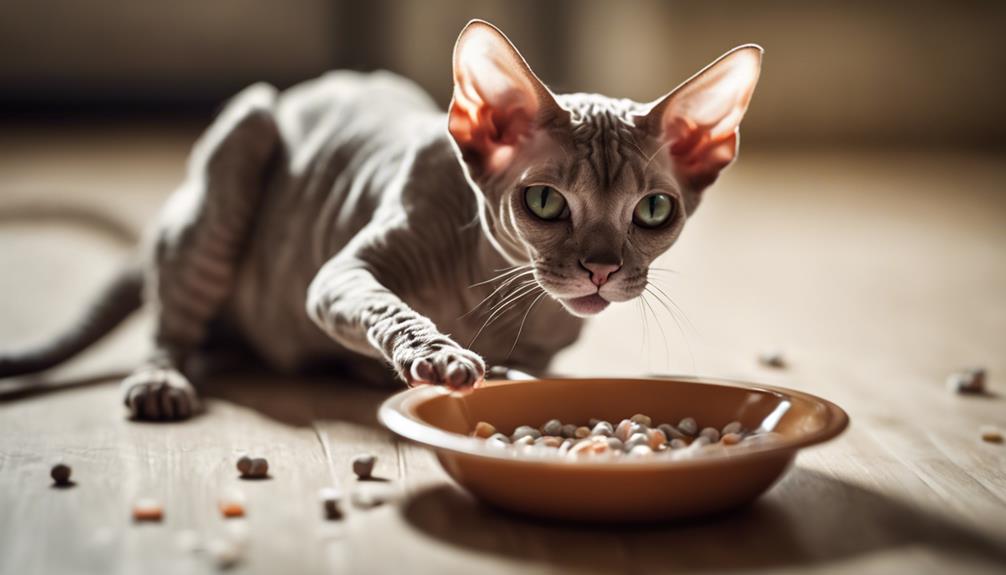Scottish Fold cats are undoubtedly one of the cutest and most adorable cat breeds out there. They are known for their distinctive folded forward ears that give them owl-like features, making them highly sought after by cat lovers all over the world. However, the question of whether it is cruel to have a Scottish Fold has been a topic of debate in recent years.
One of the main reasons why Scottish Folds have been deemed as potentially cruel to own is because of the genetic mutation that causes their ears to fold forward. This mutation affects the development of cartilage in the ears, which can lead to various health issues, including arthritis and chronic pain. Despite the fact that not all Scottish Folds will experience these health problems, it is a possibility that cannot be ignored. As such, many animal welfare advocates have called for a ban on breeding Scottish Folds to prevent further suffering among these cats.
However, there are also those who argue that it is not cruel to own a Scottish Fold, as long as the cat is properly cared for and receives regular veterinary check-ups. Responsible breeders also make sure to mate Scottish Folds with other breeds to minimize the risk of health problems. Ultimately, the decision of whether to own a Scottish Fold or not is up to the individual, but it is important to be aware of the potential health issues associated with this breed before making a decision.
What is a Scottish Fold?
The Scottish Fold is a medium-sized cat breed that originated in Scotland in the 1960s. They are known for their adorable folded ears, which give them a unique and distinctive appearance. Scottish Folds are playful, affectionate, and adaptable cats that make great pets for families with children.
The breed is known for its friendliness and adaptability, making it a popular choice for families. Scottish Folds are generally very affectionate and enjoy spending time with their owners. They are also known for their playful nature and love to play with toys and other objects.
Scottish Folds are medium-sized cats that typically weigh between 6-13 pounds. They have a round face and a stocky build, which gives them a cute and cuddly appearance. Their fur is usually short to medium in length and comes in a variety of colors and patterns.
While Scottish Folds are generally healthy cats, they are prone to a few health issues due to their unique ear structure. The breed is known to suffer from a condition called osteochondrodysplasia, which can cause painful joints and mobility issues. It is important to choose a reputable breeder when selecting a Scottish Fold to ensure that they have been bred responsibly and are not predisposed to any health issues.
In summary, Scottish Folds are a friendly, playful, and adorable cat breed that make great pets for families. However, it is important to be aware of their unique health issues before deciding to bring one into your home.
The Controversy Surrounding Scottish Folds
Scottish Folds are a controversial cat breed that has been the subject of much debate and scrutiny in recent years. The breed’s signature folded ears are caused by a genetic mutation that also leads to other health problems, such as joint and bone issues. As a result, many animal welfare organizations and veterinarians have called for a ban on the breeding of Scottish Folds.
In the UK, the Cat Fancy of Great Britain has banned the showing of Scottish Folds, citing concerns about their health and welfare. However, they are not banned as pets, and demand for the breed remains high. Scottish Folds have become increasingly popular in recent years, thanks in part to celebrity owners like Taylor Swift and Ed Sheeran, who have shared photos of their pets on social media.
Despite their popularity, many animal welfare experts argue that breeding Scottish Folds is cruel and unethical. The breed’s genetic mutation can cause significant health problems, and many cats suffer from chronic pain and discomfort as a result. In some cases, Scottish Folds may even require surgery to correct their joint and bone issues.
The controversy surrounding Scottish Folds is unlikely to go away anytime soon. While some breeders argue that the cats are healthy and happy, many animal welfare organizations continue to call for a ban on their breeding. As with any controversial issue, it is important to weigh the evidence carefully and make an informed decision about whether or not to support the breeding of Scottish Folds.
Health Problems Associated with Scottish Folds
Scottish Fold cats are known for their unique, folded ears, which give them an adorable and distinctive appearance. However, breeding these cats can lead to numerous health problems. In this section, we will discuss the genetic mutation and health issues associated with Scottish Folds, as well as the pain and chronic suffering that can result from these issues. We will also explore heart disease and other health issues that can affect these cats.
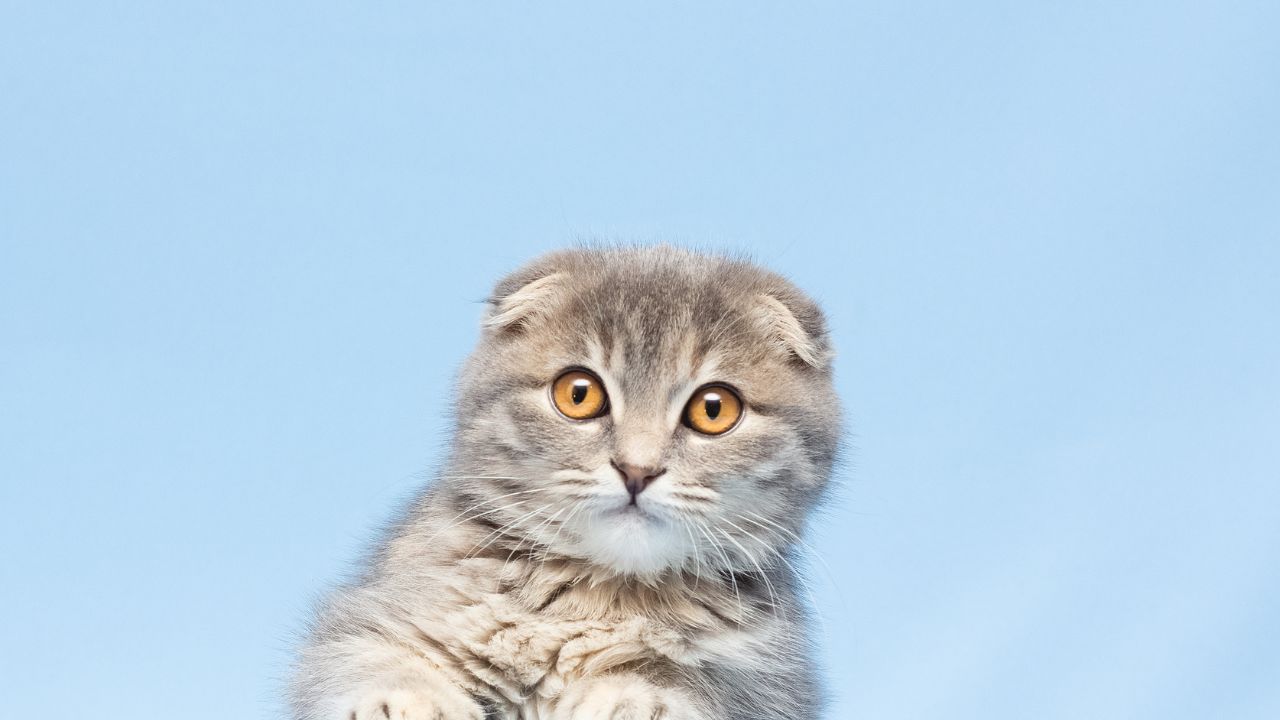
Genetic Mutation and Health Issues
Scottish Fold cats have a genetic mutation that affects the development of cartilage in their ears. This mutation can cause the ears to fold forward and downward, which gives the cat its characteristic appearance. However, this mutation can also lead to a disorder called osteochondrodysplasia, which causes painful and degenerative joint disease. This disorder can affect the cat’s mobility and cause lameness, arthritis, and chronic pain.
Breeding Scottish Folds can also lead to other health issues, such as polycystic kidney disease (PKD), which causes cysts to form in the kidneys. This disease can be fatal, and there is no cure. Additionally, Scottish Folds can be prone to obesity, which can lead to other health problems, such as heart disease.
Pain and Chronic Suffering
Scottish Folds are at risk of suffering from chronic pain due to their genetic mutation. This pain can be debilitating and cause a significant decrease in the cat’s quality of life. In some cases, the cat may suffer from lameness, arthritis, and other joint problems. This chronic pain can also lead to behavioral issues, such as aggression or depression.
Heart Disease and Other Health Issues
Scottish Folds are also at risk of developing heart disease, such as hypertrophic cardiomyopathy (HCM), which is a thickening of the heart muscles. This disease can cause congestive heart failure, blood clots, and other serious health problems. Additionally, Scottish Folds can suffer from deafness, which is a result of the genetic mutation that causes their folded ears.
Despite the controversy surrounding Scottish Fold breeding, some breeders argue that these cats can be healthy and happy if bred responsibly. However, the British Veterinary Association (BVA) and the Governing Council of the Cat Fancy (GCCF) advise against breeding Scottish Folds due to the health risks associated with their genetic mutation. If you are considering adopting a Scottish Fold, it is important to research the breeder thoroughly and ask about any health issues that may affect your cat.
In summary, Scottish Folds are prone to numerous health problems due to their genetic mutation. Breeding these cats can lead to pain, chronic suffering, and heart disease. It is important to consider these health risks before adopting a Scottish Fold and to ensure that the breeder is responsible and knowledgeable about the breed.
Breeding Scottish Folds
Breeding Scottish Folds is a controversial topic due to the breed’s genetic predisposition to defective cartilage. The breed’s signature folded ears are caused by a dominant gene mutation that affects the development of cartilage in the ear. However, this same gene also affects the cartilage in other parts of the cat’s body, including the spine, leading to a potentially incurable disease.
While Scottish Folds are undeniably adorable, their breeding has been condemned by many animal welfare organizations due to the risk of health problems. Responsible breeders will mate a Scottish Fold with a straight-eared cat to reduce the risk of health problems in their offspring. This breeding practice ensures that only half of the kittens will inherit the gene mutation responsible for the folded ears, while the other half will have straight ears and be free of the associated health problems.
Breeding Scottish Folds is a delicate process that requires a thorough understanding of genetics. Unfortunately, many breeders prioritize the physical appearance of the cat over its health, leading to a high incidence of health problems in the breed. It is essential to work with reputable breeders who prioritize the health of their animals and are willing to take steps to reduce the risk of genetic health problems.
In conclusion, while Scottish Folds are undoubtedly cute, their breeding is a controversial topic due to the risk of health problems associated with the breed’s genetic mutation. It is essential to work with responsible breeders who prioritize the health of their animals and are willing to take steps to reduce the risk of genetic health problems.
Conclusion
In conclusion, the Scottish Fold cat is a breed that has been the subject of much debate due to the inherent health issues associated with its genetic mutation. While they may be adorable, the breed suffers from osteochondrodysplasia, a condition that causes deformities throughout the body, including shortened limbs, abnormal gait, and painful tails. This condition can lead to osteoarthritis at an earlier age, and many Scottish Folds must be euthanized early on in their lives.
While some breeders argue that Scottish Folds are healthy and happy cats, the evidence suggests otherwise. The breeding of Scottish Folds has been banned in some countries, including the UK, due to concerns about animal welfare. It is important to consider the well-being of these cats and to avoid perpetuating a breed that is prone to suffering.
If you are considering getting a Scottish Fold, it is important to do your research and to understand the potential health issues that these cats may face. While they may be cute and unique, it is important to prioritize the well-being of the animal above all else. If you do choose to adopt a Scottish Fold, make sure to work with a reputable breeder who prioritizes the health and welfare of their cats.

